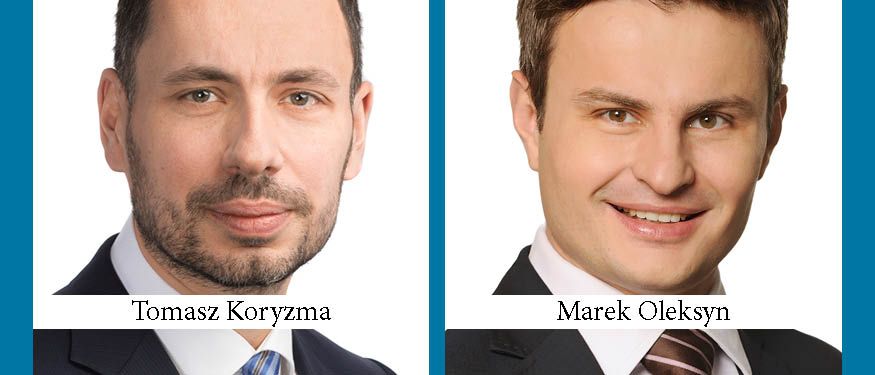The number of patent infringement cases in Poland is steadily growing. However, even the best drafted patents and clear infringement background may prove insufficient for effective enforcement in cases where a matter has not been properly prepared. The summary below focuses on key legal remedies available for patent holders to effectively counteract infringing activity in Poland and indicates the key aspects that need to be addressed.
Legal remedies available for patentees in Poland are relatively broad and can be applied either before or during the main patent case. Nonetheless, Polish civil procedure and case law set out quite stringent rules for how to prove patent violation. Such rules should be duly observed to effectively enforce a patent.
Interim Injunction and Statement of Claim
In most cases, an interim injunction is of key importance in immediately stopping infringement. Such an injunction can be sought by patent holders either before initiating or during the main patent infringement case. In practice, patentees seek an interim injunction to prevent infringers from unauthorized activities or to seize the infringing products during the term of the main court action. If an injunction motion is filed before initiating the main court case, such a motion is, in principle, examined by the court without hearing the other party (ex parte) and immediately– so that the important factors of promptness and surprise are retained.
Two prerequisites must be demonstrated to obtain an injunction: (i) a corroboration of patent infringement claims, and (ii) a so-called legal interest in granting the injunction. A patent infringement case is deemed corroborated if a court finds, based on the case background presented in the injunction motion, that infringement is prima facie likely, even without conducting evidentiary proceedings at this stage. In patent cases such corroboration is usually shown by filing evidence that the defendant manufactures, offers, or sells infringing products, together with private expert opinions showing that such questioned products fall within the scope of the patent being enforced. As injunction decisions can be appealed and defendants often attach to their complaints contradicting private opinions in order to undermine the charge of infringement, it is particularly important for patentees that the private expert opinions they file with their injunction motion are precise and convincingly show that the patented invention was used by the defendant.
In turn, a legal interest exists where the lack of an injunction would prevent or substantially hinder the enforcement of a final judgment or would otherwise preclude or significantly hamper the very purpose of the main court proceedings. For example, the patentee can show here that continued infringement during the main patent infringement case (which in some cases can last as long as two to three years) would cause irreparable harm to the rightholder.
Importantly, when granting an injunction before the main court action, the court will oblige the patentee to file a statement of claim within a maximum period of two weeks under the sanction of lifting the injunction. In practice, this means that at the moment of filing the injunction motion the patentee should already have a statement of claim, together with all necessary evidence materials to prove the infringement. Apart from evidentiary (corroboration) material being attached to the injunction motion, patent holders may apply in a statement of claim for an opinion of a court-appointed expert to confirm that the questioned products indeed fall within the scope of a patent being enforced. As there are no specialized patent courts in Poland, in the majority of cases such a court-appointed expert opinion is crucial to obtaining a final judgment.
Certain Other Remedies
Even before the transposition in 2007 of EU Directive 2004/48 on the enforcement of intellectual property rights (the “Enforcement Directive”), the Polish legal system offered a broad range of instruments aimed at strengthening the effective enforcement of patents, including securing evidence, handling infringing products, and the method of calculating monetary claims. Following the implementation of the Enforcement Directive, the scope and prerequisites of such measures were adjusted to EU laws and are now commonly applied for by patentees in infringement cases.
By Tomasz Koryzma, Partner, and Marek Oleksyn, Counsel, CMS
This article was originally published in Issue 3.6 of the CEE Legal Matters Magazine. If you would like to receive a hard copy of the magazine, you can subscribe here

















